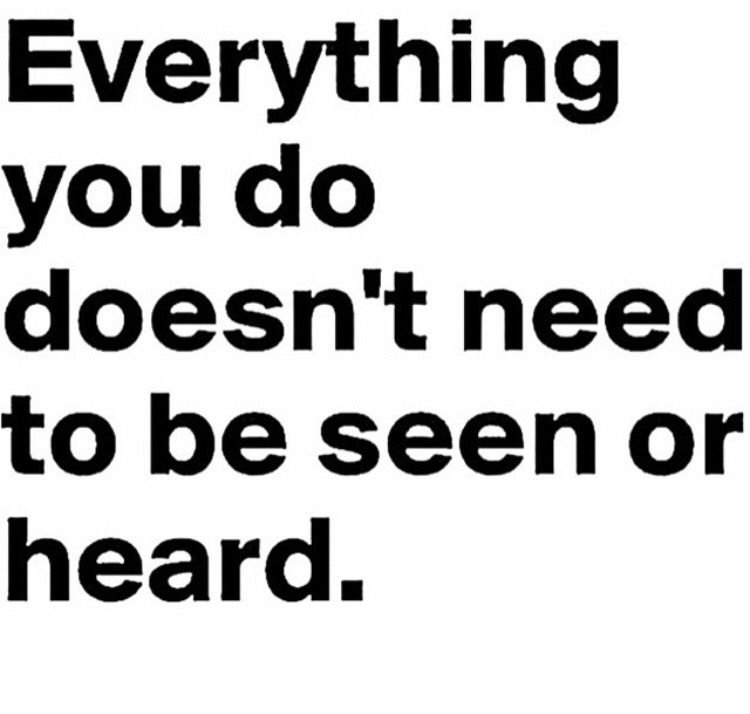Here’s Why High Achievers Are The Ones Who Make The Most Mistake
No one likes making mistakes and no one likes admitting their faults in public. Some people don’t like it because it’s embarrassing. While others fear that it will ruin their image. This failure is not due to a lack of savvy or skill, but because of the lack of integrity. Some of the mistakes which are repeated most often are mentioned here:
7. AVOIDING ACCOUNTABILITY:
Dodging accountability is more trouble than it’s worth. It may keep your ego safe, but it damages your health. If you’re not accountable then stakeholders can’t trust your business. People will guess your actions once you gain a reputation for dodging accountability. Team member and client loyalty can and will drop and you will have trouble motivating people around you. It may seem unfair, but that is the part of founding a startup and being its leader.
6. CREATING A CULT OF PERSONALITY:
You’re a high-achiever. You think that your idea is good enough to make a startup but you have some measure of confidence and an ego. An ego within reason is fine, but believing everything revolves around you. It is easy to start dictating and dominating instead of actually leading. The moment you start thinking “It’s my way or the highway” is the moment you will cross the line and will rethink what being a leader is. When you build a culture of do it my way, you choke off your initiative and innovation.
5. DICTATING INSTEAD OF LEADING:
It is your product, your company so you have to decide. However, that does not mean decisions should be made unilaterally.Think about how your conversations go. The problems can result in partners and team members rightfully feeling unheard and unimportant. It can lead to discontent, and an increased turnover rate.
4. MICROMANAGEMENT:
You have big problems on your plate as a starter of any business. You’re worried about marketing campaigns, product development and innovation. However, somehow you can find the time to check over shoulders and handle everything yourself. You micromanage and end up making your team members feel helpless and even redundant. Not only will it essentially waste any money you have spent hiring those people, it can distract you from the big picture as well.
3. LETTING POOR PERFORMERS STAY:
There’s a reason to give people second chances. People will make mistakes. You will make mistakes, mistakes that will echo throughout lifetime and that’s okay. However, that does not mean you should let poor performers stay on with the company. Whether it’s due to pity or conflict avoidance, you may be tempted to let someone stay on a little too long and that’s when you become a bad leader. There’s nothing wrong with compassion, but there’s a difference between being compassionate and letting feelings dictate the direction of the company.
2. ALWAYS NEEDING TO BE SEEN:
Once you start relying on others to make you feel good about yourself or your work, you are in trouble. Over time, you will become completely dependent on external validation and encouragement. Your success will become conditional on always having the right circumstances and the right people around you. You will stop being able to make things happen on your own. You will stop believing in yourself. Instead of that try to be one of those people who are driven to have an impact.
1. LEARN HOW TO SAY NO INSTEAD:
People love to listen to the word “yes”. Some people want to do everything for everyone. They want to be a part of everything. Some people don’t realize that they have hit a result. But they do forget that the only way to achieve big results in life is to learn how to say no. Like learn to say no to new projects, no to inefficient time wasting tasks, no to unmotivated people. Learn to say no to anything that doesn’t align with your goals and makes you more productive, more focused, and more successful.
 Dodging accountability is more trouble than it’s worth. It may keep your ego safe, but it damages your health. If you’re not accountable then stakeholders can’t trust your business. People will guess your actions once you gain a reputation for dodging accountability. Team member and client loyalty can and will drop and you will have trouble motivating people around you. It may seem unfair, but that is the part of founding a startup and being its leader.
Dodging accountability is more trouble than it’s worth. It may keep your ego safe, but it damages your health. If you’re not accountable then stakeholders can’t trust your business. People will guess your actions once you gain a reputation for dodging accountability. Team member and client loyalty can and will drop and you will have trouble motivating people around you. It may seem unfair, but that is the part of founding a startup and being its leader. You’re a high-achiever. You think that your idea is good enough to make a startup but you have some measure of confidence and an ego. An ego within reason is fine, but believing everything revolves around you. It is easy to start dictating and dominating instead of actually leading. The moment you start thinking “It’s my way or the highway” is the moment you will cross the line and will rethink what being a leader is. When you build a culture of do it my way, you choke off your initiative and innovation.
You’re a high-achiever. You think that your idea is good enough to make a startup but you have some measure of confidence and an ego. An ego within reason is fine, but believing everything revolves around you. It is easy to start dictating and dominating instead of actually leading. The moment you start thinking “It’s my way or the highway” is the moment you will cross the line and will rethink what being a leader is. When you build a culture of do it my way, you choke off your initiative and innovation. It is your product, your company so you have to decide. However, that does not mean decisions should be made unilaterally.Think about how your conversations go. The problems can result in partners and team members rightfully feeling unheard and unimportant. It can lead to discontent, and an increased turnover rate.
It is your product, your company so you have to decide. However, that does not mean decisions should be made unilaterally.Think about how your conversations go. The problems can result in partners and team members rightfully feeling unheard and unimportant. It can lead to discontent, and an increased turnover rate. You have big problems on your plate as a starter of any business. You’re worried about marketing campaigns, product development and innovation. However, somehow you can find the time to check over shoulders and handle everything yourself. You micromanage and end up making your team members feel helpless and even redundant. Not only will it essentially waste any money you have spent hiring those people, it can distract you from the big picture as well.
You have big problems on your plate as a starter of any business. You’re worried about marketing campaigns, product development and innovation. However, somehow you can find the time to check over shoulders and handle everything yourself. You micromanage and end up making your team members feel helpless and even redundant. Not only will it essentially waste any money you have spent hiring those people, it can distract you from the big picture as well. There’s a reason to give people second chances. People will make mistakes. You will make mistakes, mistakes that will echo throughout lifetime and that’s okay. However, that does not mean you should let poor performers stay on with the company. Whether it’s due to pity or conflict avoidance, you may be tempted to let someone stay on a little too long and that’s when you become a bad leader. There’s nothing wrong with compassion, but there’s a difference between being compassionate and letting feelings dictate the direction of the company.
There’s a reason to give people second chances. People will make mistakes. You will make mistakes, mistakes that will echo throughout lifetime and that’s okay. However, that does not mean you should let poor performers stay on with the company. Whether it’s due to pity or conflict avoidance, you may be tempted to let someone stay on a little too long and that’s when you become a bad leader. There’s nothing wrong with compassion, but there’s a difference between being compassionate and letting feelings dictate the direction of the company. Once you start relying on others to make you feel good about yourself or your work, you are in trouble. Over time, you will become completely dependent on external validation and encouragement. Your success will become conditional on always having the right circumstances and the right people around you. You will stop being able to make things happen on your own. You will stop believing in yourself. Instead of that try to be one of those people who are driven to have an impact.
Once you start relying on others to make you feel good about yourself or your work, you are in trouble. Over time, you will become completely dependent on external validation and encouragement. Your success will become conditional on always having the right circumstances and the right people around you. You will stop being able to make things happen on your own. You will stop believing in yourself. Instead of that try to be one of those people who are driven to have an impact.

Comments
Post a Comment